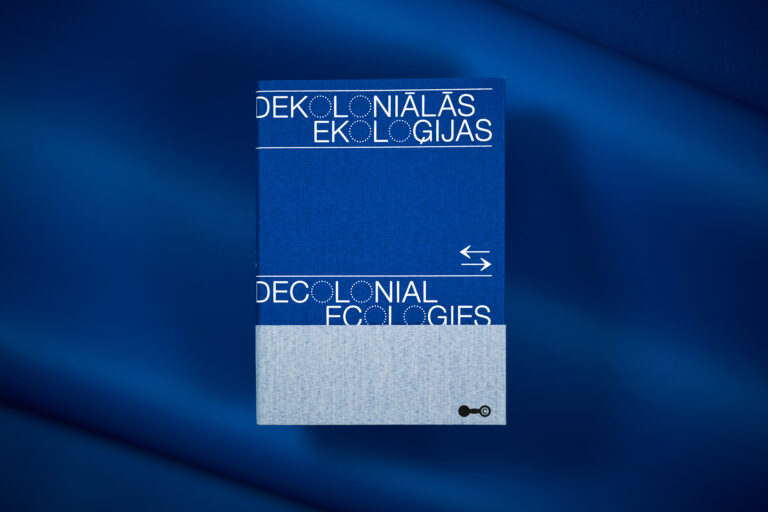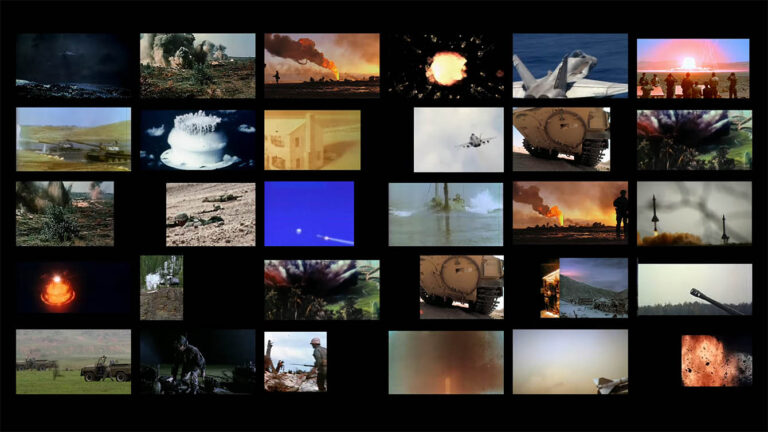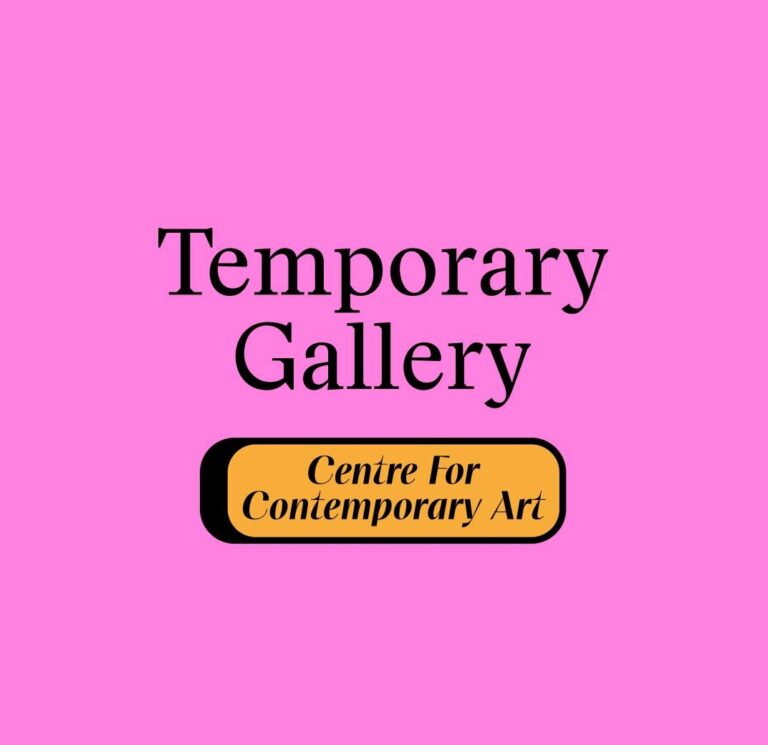The celebration of the 20th anniversary of the DENES Award began in April 2023 with a five-day educational and discursive program for young artists “The Perfect Artist” at the National Gallery – Mala Stanica, where young artists acquired practical and theoretical skills in contemporary art and critical insight into their practice, as well as into the local context seen from an international perspective. It then continued with the exhibition “Preacrity has a chance: Public spaces in movement (toward)” at the Structura Gallery in Sofia, where 20 artists from the country, some of whom winners, participants or finalists of the DENES Award, presented their recent practice before the audience in Sofia. The celebration peaks with an exhibition by the three winners of the 2023 DENES Award – Gjorgji Despodov, Klelija Zhivkovikj, Burju Musli; a documentary exhibition about the DENES Award and a ceremony on the anniversary accompanied by a musical and discursive program.
The 20th anniversary of the DENES Award celebrates the rare occurrences in art that encouraged different directions of artistic thinking and made room for a different framework for history that differs from the linear historical narrative and requires a different educational epistemological discourse and production infrastructure. Equality, anti-racism, anti-nationalism, sustainability are the key trends in reformulating contemporary society and art, and thus the DENES Award. In a way, it reinstates the same parameters from its conception – it will be awarded annually to three artistic practices that imply a critical and aesthetic reflection of the social and cultural conditions, while this “new agora” should remind us of the necessary equal opportunities that are at the base of democracy. The celebration of this anniversary also encourages space to remember the necessary joint efforts in highlighting the importance of creating new polemical and critical agoras through new operating models in cultural and institutional life by creating, trying, performing and experimenting within the reformed educational processes and institutions, constant training and practice in updated curricula and sessions and new models of institutions, various opportunities for public presentations and (creative) interaction with the audience, as well as critical support and reflection from colleagues and analytical and consolidated learning and contextual understanding.




















